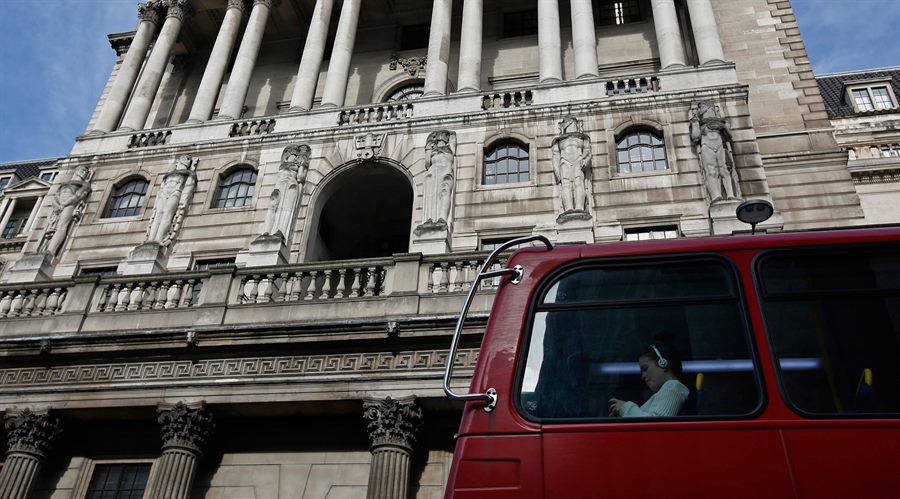The Bank of England (BoE) to Regulate Stablecoins
Introduction
The Bank of England (BoE) has recently released a discussion paper focusing on their plans to regulate stablecoins. This announcement comes after concerns were raised about the potential risks stablecoins pose to financial stability and public confidence in money and payments.
BoE’s Stance on Stablecoins
The central bank expressed their concerns about the impact stablecoins could have on the financial system. They highlighted the potential risks associated with stablecoins, such as their ability to undermine public trust and confidence in traditional currencies and payment systems.
Regulatory Measures
In light of these concerns, BoE outlined their plan to regulate stablecoins to ensure that they comply with existing regulatory frameworks and adhere to strict oversight measures. This move is aimed at safeguarding financial stability and protecting consumers from potential risks associated with stablecoins.
The discussion paper released by BoE follows an announcement by HM Treasury, which stated that the Financial Conduct Authority (FCA) will be responsible for overseeing the broader cryptocurrency industry in the UK. This coordinated approach between regulatory bodies signals a unified effort to address the challenges posed by stablecoins and ensure a safe and secure financial environment.
Effects on Individuals
The regulation of stablecoins by the Bank of England and other regulatory bodies is likely to have a direct impact on individuals who use or invest in cryptocurrencies. The increased oversight and scrutiny of stablecoins could lead to greater transparency and accountability within the industry, providing consumers with a higher level of protection against potential risks.
Global Implications
The regulation of stablecoins by the Bank of England could also have significant global implications, as other countries and international regulatory bodies may follow suit in implementing similar regulatory measures. This coordinated approach to regulating stablecoins could help establish a standardized set of rules and guidelines for the industry, promoting stability and trust in the global financial system.
Conclusion
In conclusion, the Bank of England’s decision to regulate stablecoins is a proactive step towards safeguarding financial stability and protecting consumers from risks associated with digital currencies. By working in conjunction with other regulatory bodies and governments, BoE is signaling a unified effort to address the challenges posed by stablecoins and ensure a safe and secure financial environment for all stakeholders.





